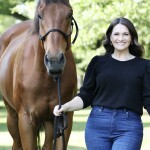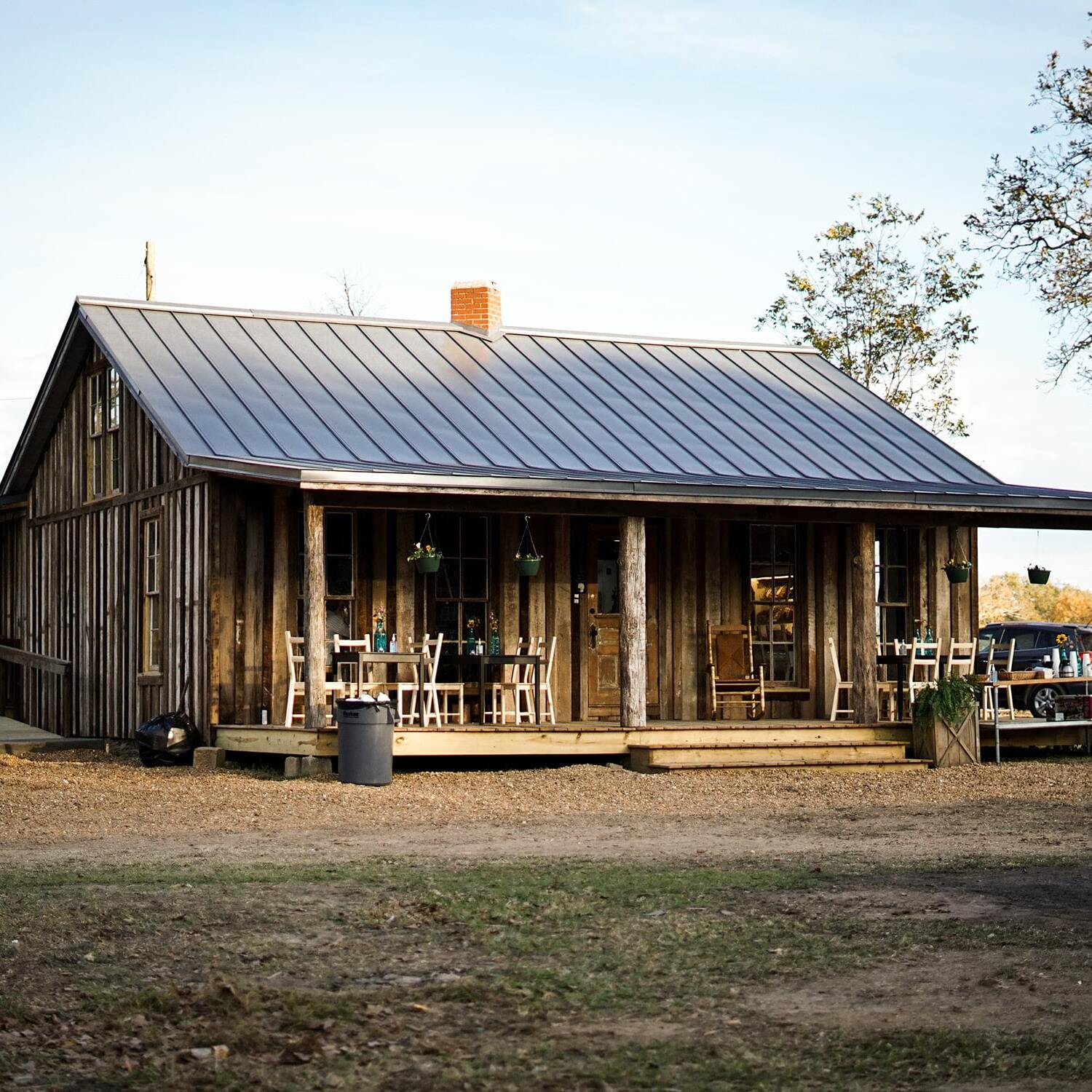Greener Pastures: A look at Home Place Pastures, a 5th generation family farm in Como, Miss.
Maybe it was in his blood. In 2014, at the age of 24 years old, this 5th generation farmer returned to his roots on the family farm just east of Como, Mississippi. Marshall Bartlett and his brother, Jemison Bartlett, set about to transform the family farm that was founded in 1871. From the row crop and cow-calf operation they inherited, they developed a vertically integrated pasture-based livestock farm that breeds, grows, finishes, processes, packs, and retails their own animals. While their older sister, May Leinhart, who is based on her farm in New York,provides grant writing and research support to the family effort in Como.
The Bartlett family is driven by their desire to revitalize their land, ethically produce meat products (and soon eggs), and support the local,rural community they call home. Most of the members of their tight-knit team grew up in the Como area. Two are brothers. Most are long time team members. They feel it is the family environment and commitment to animal welfare that contribute to the exceptional quality of their products.
Faming is much more than caring for animals, It is a business. Cash flow can be a challenge for a newer, small company, so steady sales are essential. Animals need to eat and staff need to be paid. Before 2020, Marshall notes, “90 percent of our business was to restaurants.” They quickly realized the need to shift focus to direct-to-consumers when many restaurants closed that year. Farmers’ markets and their “monthly box” program augment the farm store, on-sight restaurant, and online orders. Agri-tourism adds a financial boost as well. Evenings featuring music and dinner, afternoon picnics, and farm stays in a cottage or “glamping” in a tent bring folks to the farm to experience animal agriculture in-person. Marshall has seen this on-farm experience create loyalty in their customer base.
Marshall and Jemison had a vision for their family farm. Vertically integrated farming is an old method that has become new again. Animals are born, raised, and processed in small groups that share the land in a multi-species rotational plan. Typically the beef are first to graze the acreage when the grass is tall and lush. They are followed by laying hens that live in large netted houses that can be moved across the land.Great Pyrenees dogs live with the chickens to keep predators away. The chickens scratch though the cow piles for worms and bugs, thus scattering this nutrient rich manure across the grass. In the cooler months, pigs follow the chickens on the pastures. They are useful in the
fall when pastures are re-seeded because they dig up the dirt and help the grass seeds germinate. To stay cool in the warmer months, the pigs stay in the woods, which helps them stay cool and in turn helps keep the underbrush and weeds low. “It’s important to weigh the health and needs of the animals as well as the plants they eat,” Marshall adds as he explains their mob-style grazing methods. In addition to improving the pastures, this style of farming actually sequesters more carbon into the soil than it emits making this a truly green operation.
Well cared for animals is vital to the mission at Home Place Pastures. Their commitment states,” We farm for the well-being of our animals, the health of our pastures, and to support the surrounding community.” Ethical meat production is verified by the several certifications they have obtained. Their slaughter and processing facilities are USDA inspected, which means every animal is harvested under the watchful eye of a federal inspector. All animal carcasses are also USDA inspected and graded. They are proud to be Certified Humane by the Global Animal Partnership, a process that required much paperwork and effort. To ensure the animals they raise from birth are humanely handled through all stages of life, the slaughter facility was designed with help from Dr Temple Grandin, a global expert in humane treatment of animals in the slaughtering process. For the Bartlett family, it’s not just a product. It’s a passion.
That passion was put to the test in February, 2021 when Minnesota- worthy, winter weather attacked the mid-south. Marshall lives near Memphis with his wife. Prepping for the extreme winter weather he packed up and stayed at the farm. He fought nature for nearly a week to keep the 400 pigs, 140 cows, many heavily pregnant, and new-born calves alive and water flowing. Mid-week when he fell into bed he was sure the next morning would bring bad news, but his around the clock efforts paid off. Not a single animal perished in the epic battle against nature. Farming is not for the weak or faint of heart. It is a calling. It is a passion.
Marshall, his brother, and their entire team keep Home Place Pastures thriving. He finds time to write must-read blogs to tell their farm’s unique story to the surrounding communities. Stories of life on the farm, their business efforts, their vision for farming, support for their team members and community, plus inspiring recipes that highlight their variety of beef and pork. There is so much more to Home Place Pastures than an excellent steak. It is a place where people can gather, learn about where their meat and food come from. How farming, starting at the soil, to the raising of healthy animals, and humanely harvesting meat are a cycle that keeps families fed and farmers employed. Home Place
Pasture’s website highlights how this modern family farm is operated and the growing interest in agri- tourism. Pick an event to attend, or visit their farm store for a fresh farm to table lunch, take home locally raised cuts of meat to cook for your own family. There are many ways to experience this farm and you may uncover a farmer hidden within you. To learn more about Home Place Pastures visit:
www.homeplacepastures.com









